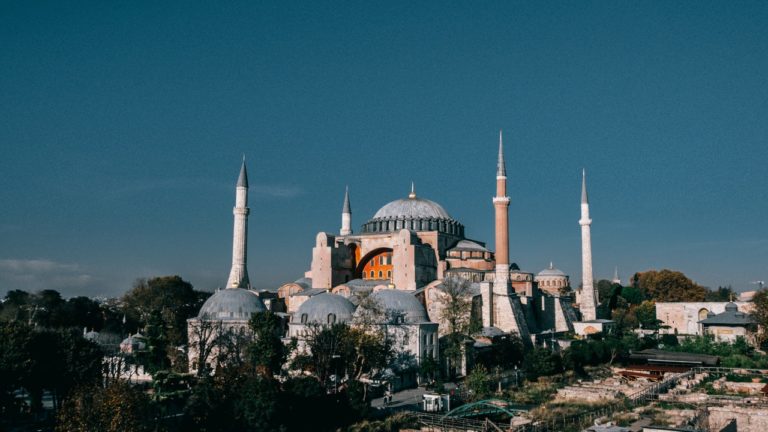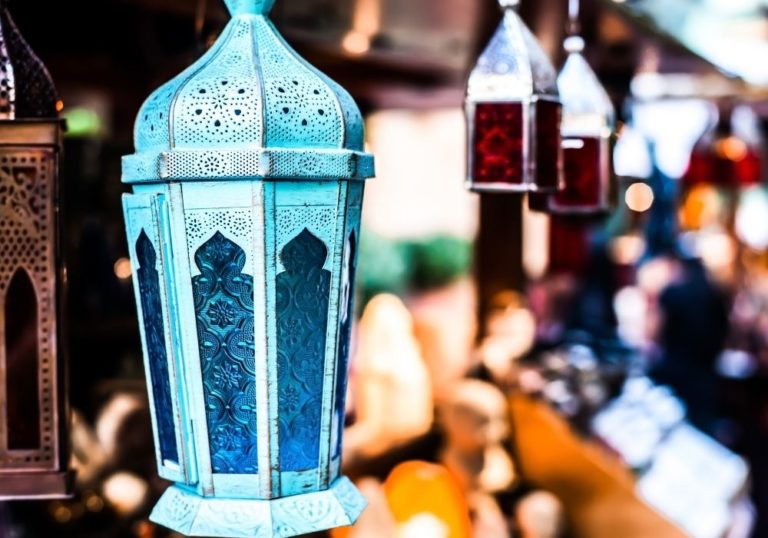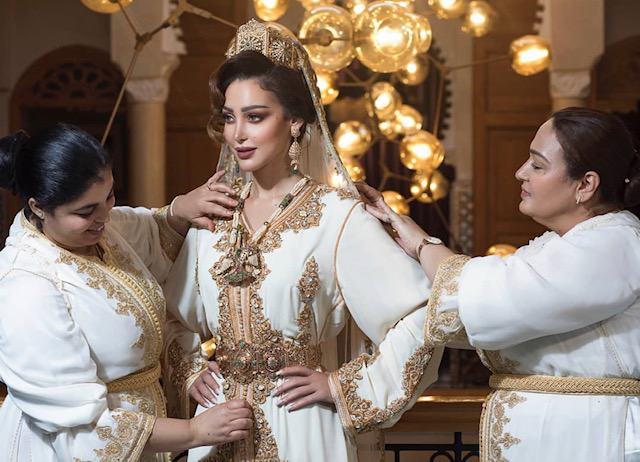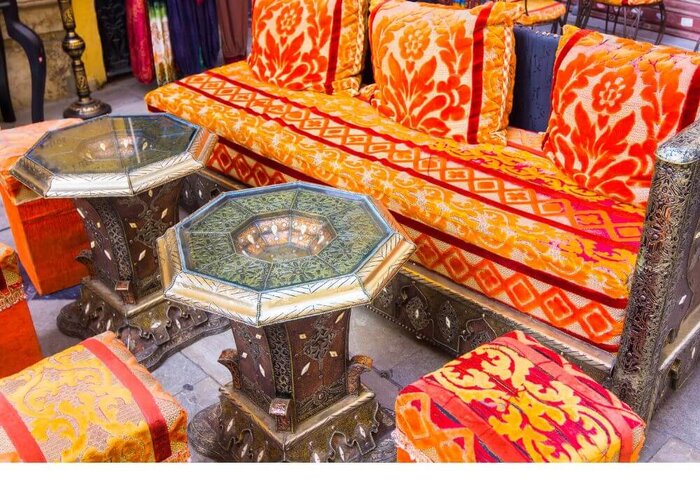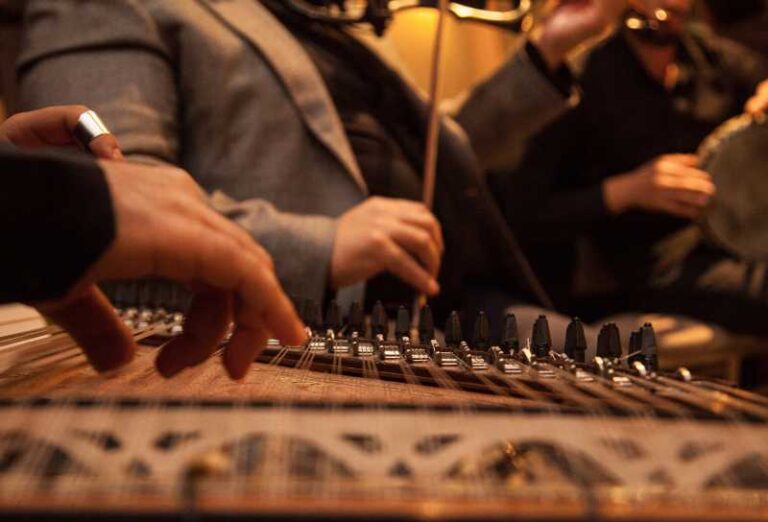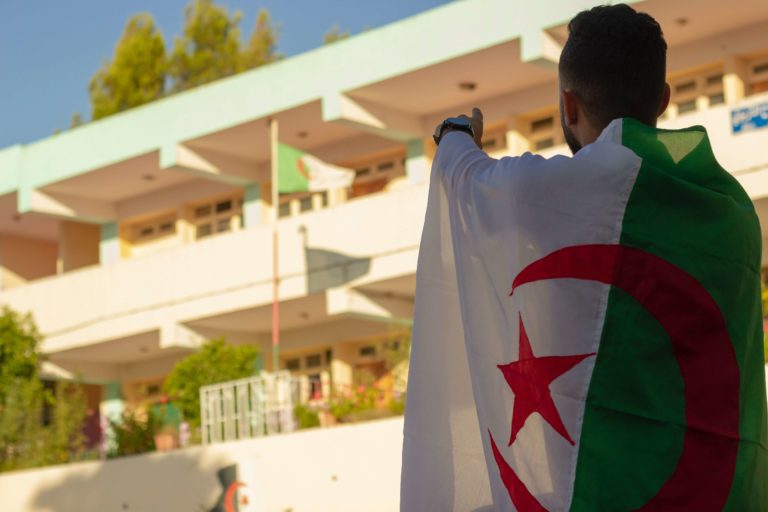The Fascinating People and Culture of Lebanon
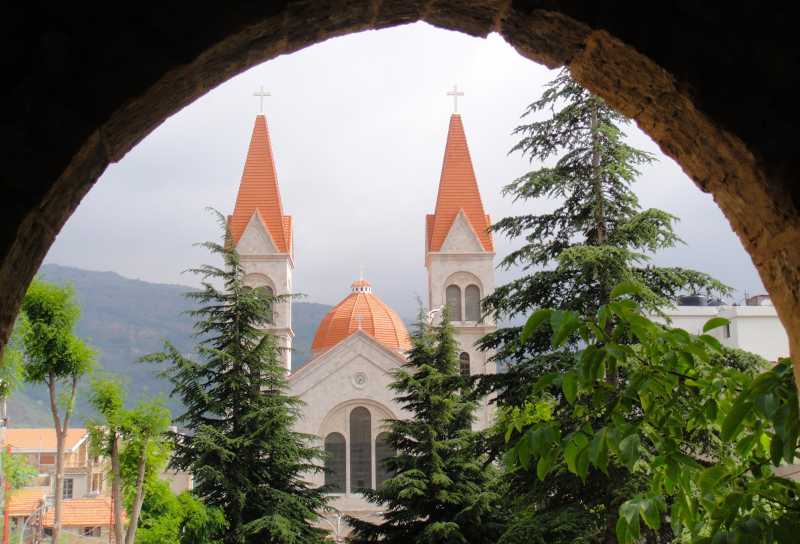
The Middle East is known for its majority Arab-speaking and Islamic countries. However, Lebanon is one county stands out for its diversity, complexity, and tolerance.
Lebanon has one of the highest Catholic populations in the region, which makes it a rich and unique country.
Lebanon is interesting not only for its diversity and complexity, but also for its rich cultural heritage, close ties with other other Middle Eastern countries, and unique traditions.
This article will explore all these aspects of Lebanon in detail.
Table of Contents
Lebanese History and Background
Lebanon is quite a small country but it has a rich history. Its size is roughly 160km in length and 56 km wide. It borders Syria, Israel, and the Mediterranean Sea near Cyprus.
The country has around 17 percent forestation in the land and it is known for the Cedrus libani which is the tree on the country’s flag.
However, you can find a variety of climates and land structures throughout the country with some snow peaks and sunny hot beaches.
In fact, you can go for a ski ride in the morning and spend an afternoon at the beach in Lebanon on the same day.
Lebanon has a lot of history as it held great significance in ancient trade, the phonetician era, and the ancient state of Canaan.
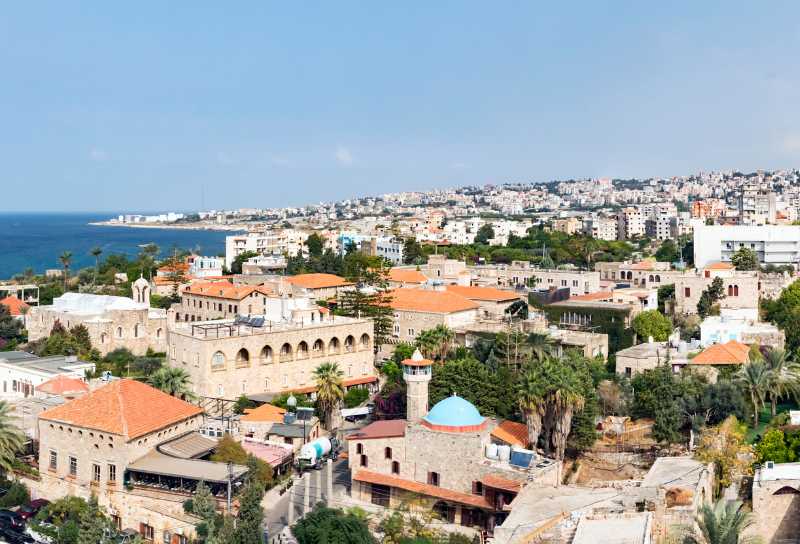
The ancient city of Byblos is also in Lebanon which is a few thousand years old and considered as one of the oldest cities in the world.
The country is also home to some of the most interesting historical sites that explain old mysteries in the Jerusalem stories.
In fact, the country is so historically significant that it is mentioned in the bible a few times.
Around 1000 BC is when the country of Lebanon was taken over by the neo-Babylonian empire from the middle Assyrian empire which was eventually taken by the Macedonians that lost to the Roman Empire.
The country thrived under the Roman Empire around 40 BC which is also where most of the historical sites were built.
Some of the most important ports were created in the cost given the geographical significance of Lebanon that bordered Israel.
Around the year 700 is where the country became more Muslim after being predominantly Chrisitan under the Romans.
However, you could still see the Christian roots in Lebanon today in the Churches and historical sites.
The Umayyad and Abbasid caliphates fought over the land for many years before the Fatimid caliphate.
The Otman empire took over the land for years before the first world war and that was around the time Lebanon was under the French empire and rule.
This can still be noticed as most Lebanese people speak French fluently.
However, Lebanon claimed its independence in 1943 leading to Lebanon we have today. In terms of background, the country has had a major role in terms of international relations in the middle east.
It was also an eminent part of the conflict with Israel against all of the middle east
The People and Society in Lebanon
There is no doubt that the background and history of Lebanon have played in role in the people of Lebanon and it definitely reflects int he social dynamics.
The total population of Lebanon is almost 7 million and it has one of the highest refugee populations in the world which is around 200 per 1000.
The vast majority of the population is Arab which is around ninety-five percent and the remaining population is Western, Armenian, or Asian.
However, to consider ethnicity as a demographic section would be difficult because Arabs can be very diverse
Some Arabs can be White Caucasians while other Arabs can be Black Africans.
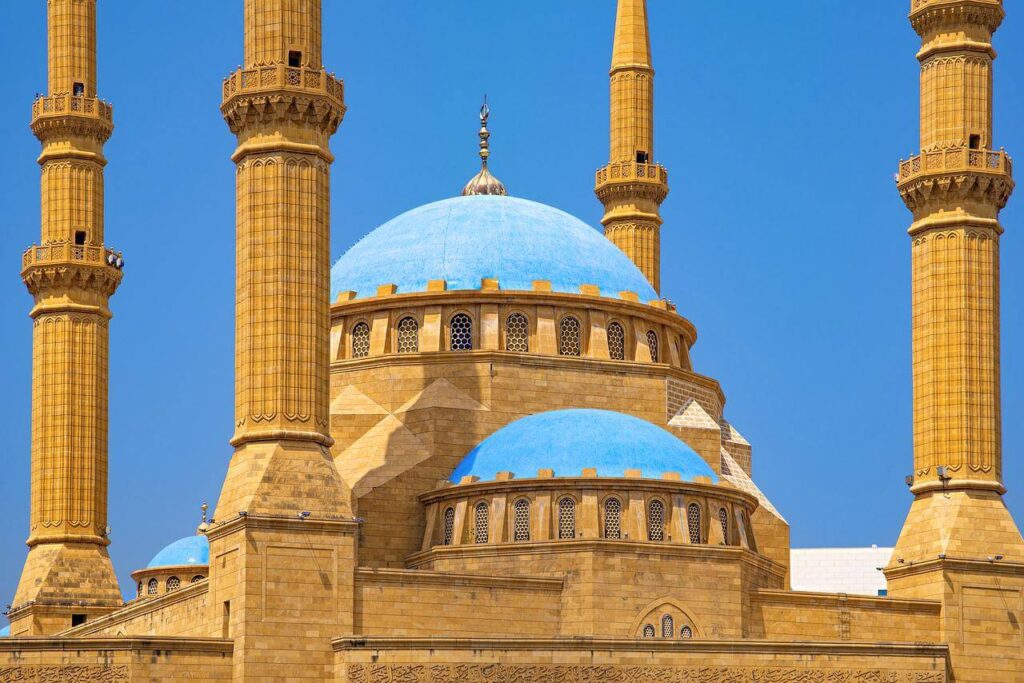
What is more interesting is that Lebanon has a population of fifty-five percent Muslim and 40 percent Christian while Druze make the remaining 5 percent
Half of the Muslim population is Sunni and the other is Shia.
The reason why religion is important rather than ethnicity is distinguishing Lebanese demographic is because the government roles are handed according to the person’s religion.
For instance, the president has to be Maronite Christian while the prime minister has to be Sunni Muslim and the speaker of Parliament has to be Muslim following the Shia sect.
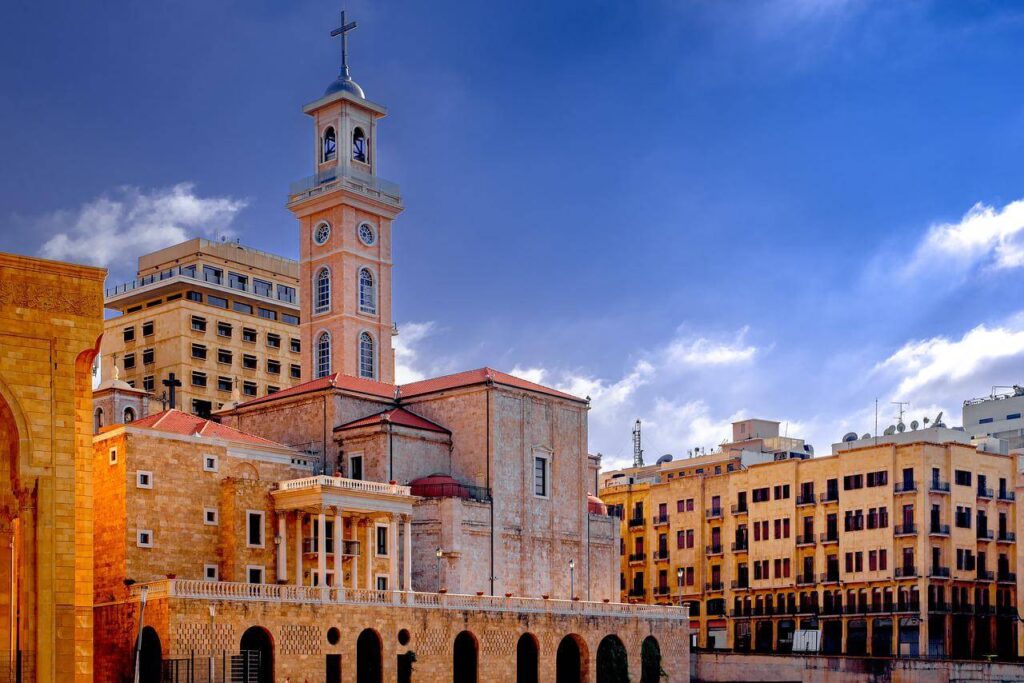
This system of government has been put in place in order to avoid the conflicts between citizens who govern Lebanon and what religion Lebanon follows.
Although Lebanon has had its fair share of conflicts with civil wars and Other wars with Israel, the people are still vibrant and full of energy.
Religion does not come in the way of friendships and a family relationship, unlike more reserved middle eastern countries.
The national identity in Lebanon plays an important role in the way people respect each other.
For instance, regardless of one’s religion or sect, everyone is greeted the same way in the street usually with a ‘bonjour’ or ‘Bonsoir’.
Most people speak all three languages (Arabic, French, and English) while some Lebanese demographics are even quadrilingual.
Lebanese culture and traditions
The culture of Lebanon is mostly middle eastern with a touch of European modernity. Even the food in Lebanon is closer to European and western.
Lebanon is more diverse than the average middle eastern country and it is a sign of freedom, pluralism, and tolerance between the west and east.
The county is considered a prime example of how middle eastern countries should go about their culture which is thriving in the modern world but also maintain the culture and heritage.
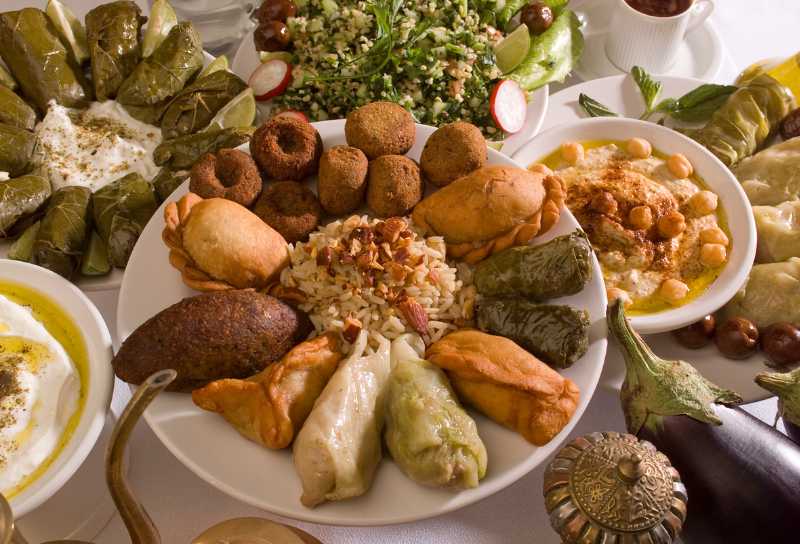
Lebanese cuisine is considered Mediterranean although it has some Asian roots.
You can find Pita bread anywhere on the dining table as well as hummus, fool, shawarma, and other popular middle eastern dishes.
Rice and pasta are staples in Lebanese cuisine as well as various salads. Pork is consumed but it is less popular than other foods since it’s considered haram (forbidden) in Islam.
Though Lebanon is more modern and westernized than other middle eastern counties, the family is still an integral part. The dining table is always full of friends and family.
Aside from the metropolitan areas, Lebanon is mostly Islamic which means family relations are important and Islamic teachings dominate the tradition.
However, Lebanon is different in metropolitan areas such as Beirut.
People often speak English, French, and Arabic at the same time, and the culture is more secular. Lebanese people are also known for their lavish parties and influential artistic music.
Some of the most significant singers in the middle east are from Lebanon, in fact, Shakira is part Lebanese.
Most people who are Lebanese are actually in Diaspora that fled from the country in times of danger and crisis.
This was around the time when Lebanon has had the civil war and the war with Israel that led to conflicts with the middle east.
Though the history of Lebanese tensions over religion leaves a stain on the country’s reputation, the country is still known for its diversity in systems of belief.

